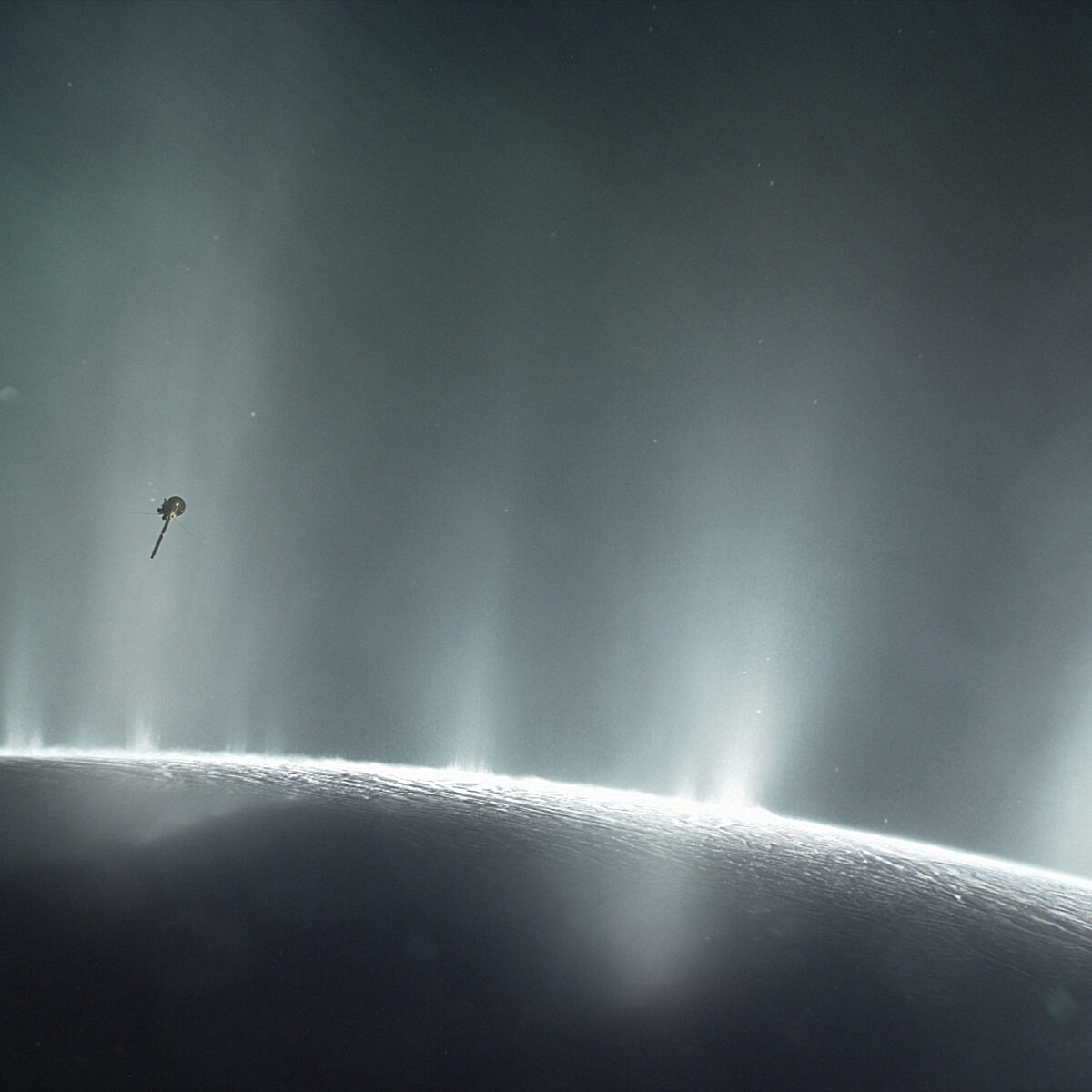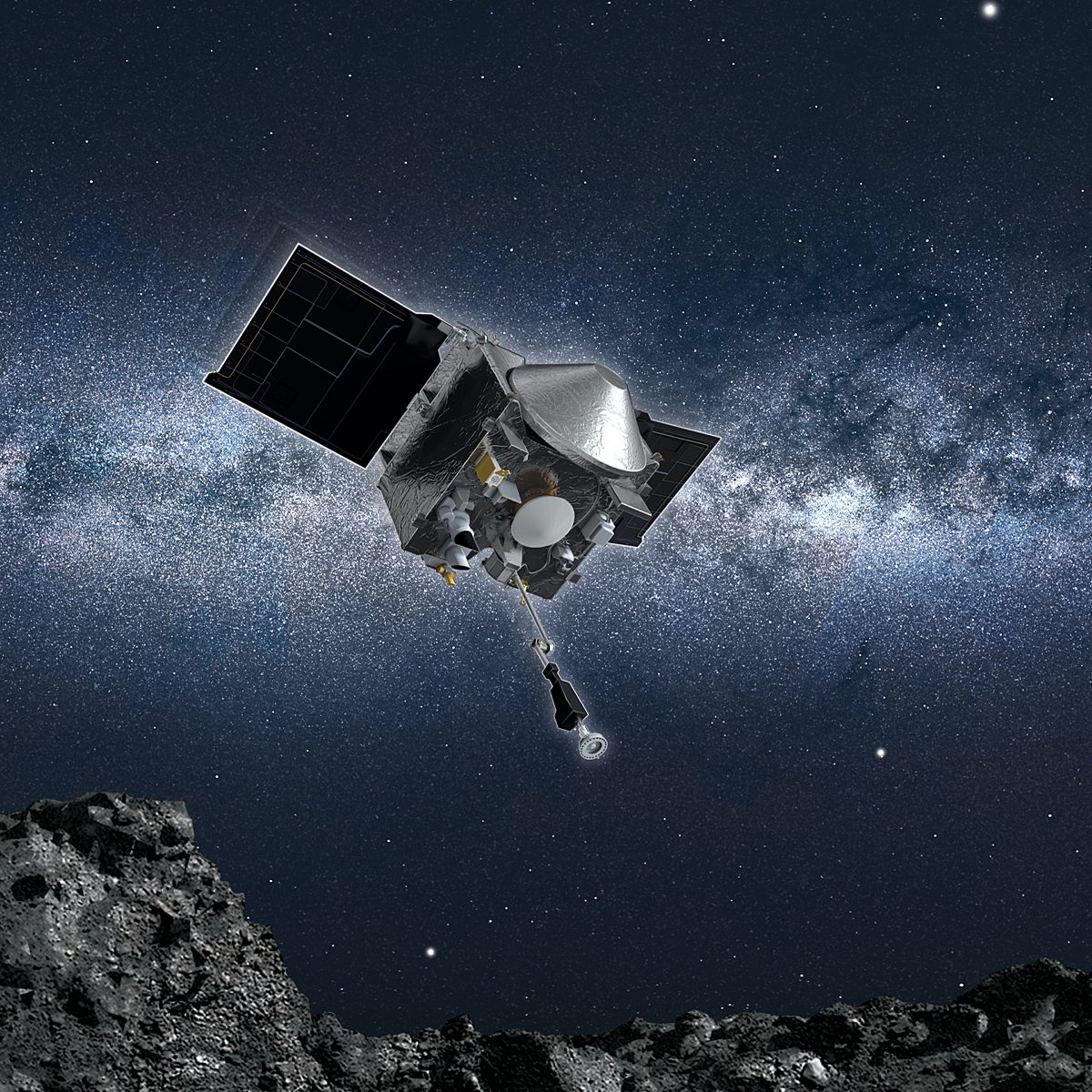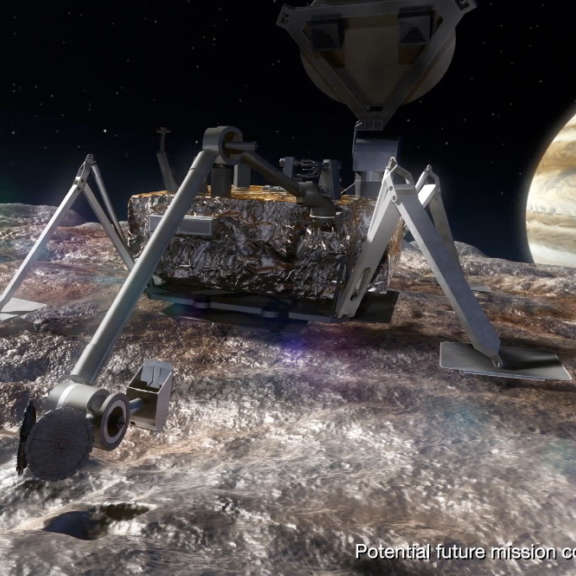Since 2002, Planetary Radio has visited with a scientist, engineer, project manager, advocate, or writer who provides a unique perspective on the quest for knowledge about our Solar System and beyond. The full show archive is available for free.
Search Planetary Radio
Every major NASA center built after the agency’s inception is located in the American South. Why? Dr. Brian Odom, NASA’s chief historian, joins the show to discuss the cultural, political, and historical implications of NASA’s expansion into the South.
We discuss the delightfully unpredictable nature of space discoveries with Chris Lintott, author of the upcoming book Accidental Astronomy.
Should policymakers spend more time looking - really looking - at the Moon? Chris Cokinos thinks so. He’s the author of a new book, Still As Bright, which explores the evolving role of the Moon in our culture, our history, and our dreams of spaceflight.
Dante Lauretta, the principal investigator for NASA's OSIRIS-REx mission, joins Planetary Radio to share stories from his new book, The Asteroid Hunter.
Louis Friedman, one of the three co-founders of The Planetary Society, joins Planetary Radio to discuss his new book, Alone but Not Lonely: Exploring for Extraterrestrial Life.
Sarafina El-Badry Nance joins Planetary Radio to discuss her new book, Starstruck: A Memoir of Astrophysics and Finding Light in the Dark.
Phil Plait, the Bad Astronomer, joins Planetary Radio to discuss his new book, Under Alien Skies: A Sightseer’s Guide to the Galaxy.
Join us for a tour of the University of Arizona’s Mirror Lab where they use a giant, spinning oven filled with molten glass to create the primary mirrors for the Giant Magellan Telescope.
Psyche asteroid mission principal investigator Lindy Elkins-Tanton returns with her excellent new memoir, A Portrait of the Scientist as a Young Woman.
Britain’s Astronomer Royal Martin Rees and science writer Don Goldsmith question the value of putting astronauts in harm’s way at great expense in their new book.
Discovering Mars is the new chronicle of humanity’s long relationship with the Red Planet, assembled by space historian William Sheehan and Mars explorer Jim Bell.
Into the Anthropocosmos is MIT Space Exploration Initiative director Ariel Ekblaw’s collection of innovations that will improve life in space and on Earth.
The author of The Martian introduces us to his terrific new novel and shares his thoughts about the current state of space exploration.
Elon Musk’s SpaceX nearly failed 15 years ago as it struggled to launch its first rocket. Eric Berger has written about this challenging early era and how it helped create today’s successful, innovative company.
Author Marc Hartzman’s new book celebrates the wonder of the Red Planet and how it entered popular culture.
How astronomers at California’s Palomar Observatory revolutionized our understanding of the cosmos.
Creators of an outstanding new collection of poems about spaceflight and exploration join Mat Kaplan to talk about the book as Bill Nye and other notables read selections.
Georgetown University planetary scientist Sarah Stewart Johnson chronicles the long history of our fascination with Mars and the possibility of life there, culminating with Perseverance, the new rover now headed there.
How will the universe end? That’s the question explored by cosmologist Katie Mack in her very entertaining new book.
JPL scientist Kevin Hand is endlessly fascinated by the possibility of life in the hidden oceans of the outer solar system’s moons, and now he has written a great book about the quest to discover it.


 Explore Worlds
Explore Worlds Find Life
Find Life Defend Earth
Defend Earth




















